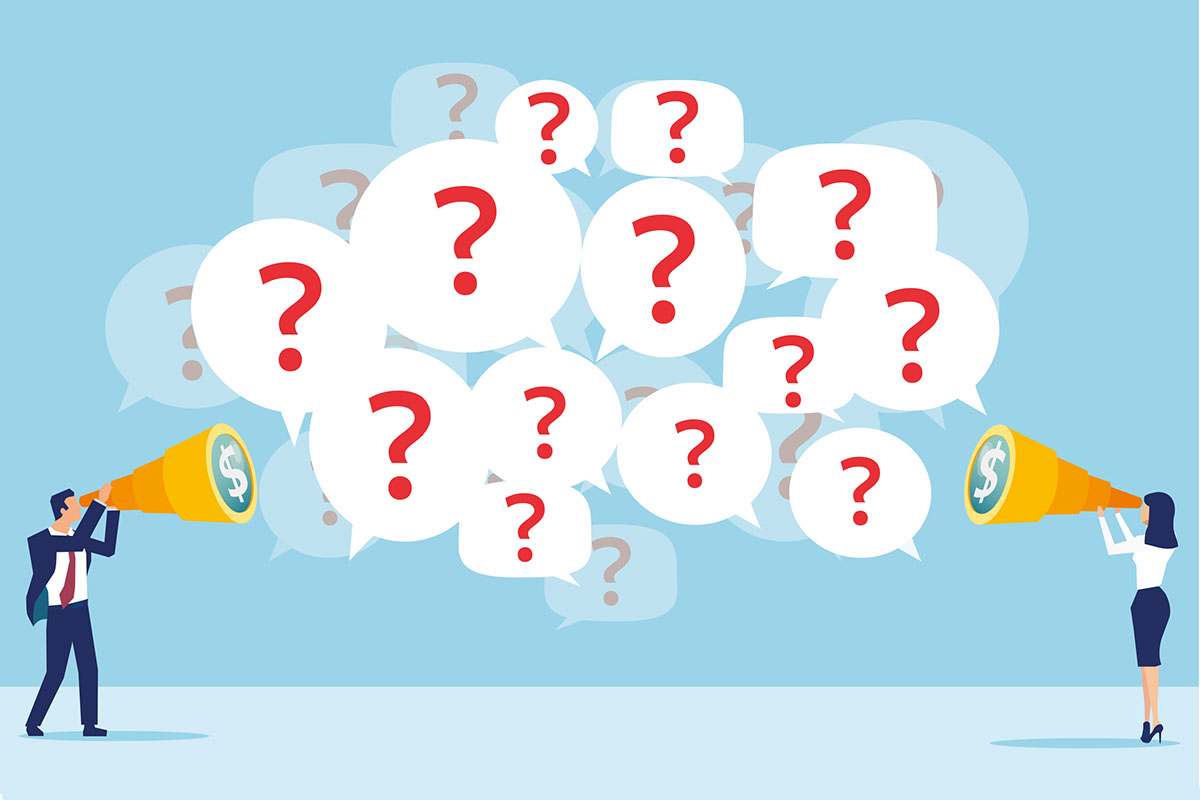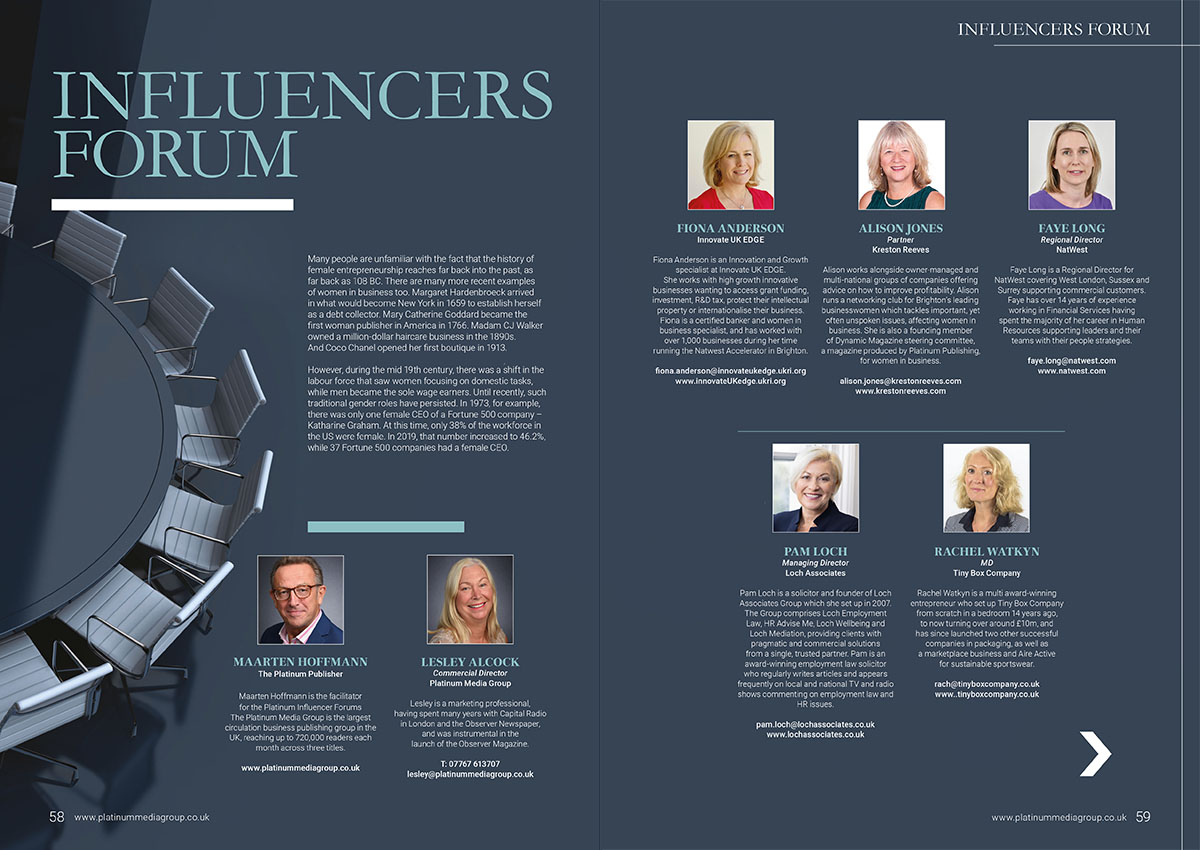
Sussex Innovation’s Research and Insight team specialise in delivering market analysis for start-up and scale-up businesses, leveraging leading market research resources to gain a better understanding of where risks and opportunities lie. Research & Insight Coordinator, Maria Bedoya outlines several of the macro trends that will inform how we do business in 2022 and beyond, from the multinational corporation to the micro-business.
If 2021 was the year the world turned the tide against the pandemic, 2022 will be dominated by the need to adapt to new realities, both in areas reformed by the crisis and in the new scenarios informed by social and political change.
Things are changing rapidly, from the immediate world of work, travel and leisure to the geopolitical shifts caused by Russia’s invasion of Ukraine and the growing influence of China. Beyond even that, the threat of climate crisis becomes more and more urgent.
And although the scenario does not seem optimistic at first glance, it means that the time has come to invoke the powers of innovation. We must rethink, reimagine, reinvent and redesign processes and activities, even in those sectors that have traditionally been the least innovative.
This is the time when the world and its wealthiest economies must stop depending on oil and non-renewable energies to make way for cleaner, safer, more efficient and more sustainable models.
This is a crucial moment for businesses large and small to make firm decisions regarding the effects of their operations on people, communities, and the natural world. Ethical practices and business models must become the starting point and not an added bonus to their value proposition.
The most important lesson we can take from the pandemic is that our decisions have to be informed by their impacts on health, wellbeing, and care for what is essential – life.
Unfortunately, we are once again facing a war that looks like one of those in 19th-century history class where human lives were sacrificed by empires fighting over territories. It seems that the clear message of the pandemic was not heard, resulting in massive short and medium-term effects on migration, access to fossil fuels and grain, and the potential reconfiguration of NATO and its guiding principles.
These are just a few of the social and political trends that will influence consumer behaviour and challenge business strategies in the coming years. Innovative businesses might be wise to prepare for:
• The impact of a 30-year high inflation rate and supply chain disruption causing shortages. Consumers may find creative solutions to purchase their favourite products, or search for affordable alternatives – creating an opportunity for businesses willing to rethink their pricing models and portfolios. Second-hand shopping and peer-to-peer markets are flourishing as consumers seek out unique, affordable and sustainable items.
• Eco-anxiety and the climate emergency driving environmental activism for a net-zero economy. In 2021, 35% of global consumers actively reduced their carbon emissions. Many are demanding corporate climate solutions, and regulation is starting to catch up. Consumers are getting savvier about ‘greenwashing’, and will respond to brands that demonstrate action rather than words.
• Technology, skills and workplaces fundamentally changed by the pandemic. Companies that fill the spaces created by hybrid working and enable people to carry out new jobs, or restructure their old jobs, will be poised for success. Late adopters, such as older consumers, have become smarter technology users and present a new digital audience.
• A renewed focus on personal growth and wellness. Another impact of the pandemic is an increased awareness of our mental health, and consumers changing behaviours that result in stress, anxiety or depression. This will continue to manifest in many ways, including dramatic life changes that reflect values, passions and purpose, moves to safer, cleaner and greener neighbourhoods, and spending on products that reflect an authentic sense of self.
• The emergence of the metaverse. Immersive, 3D digital ecosystems are already beginning to transform social connections. Global sales of augmented, virtual and mixed reality accessories grew 56% from 2017 to 2021, reaching US$2.6 billion last year. The most successful innovators will be the first to recognise which tasks can be truly streamlined or improved by this technology, and what entirely new opportunities it presents.
• Inequality and wealth imbalance. Faultlines have opened up in labour markets, healthcare, economic recovery and social mobility around the world. Democratised money management is helping some consumers to strengthen their personal financial security, and more than half of global consumers believe they will be better off financially in the next five years – but younger consumers are already abandoning aspirational brands in favour of those that are genuinely committed to restoring balance.





